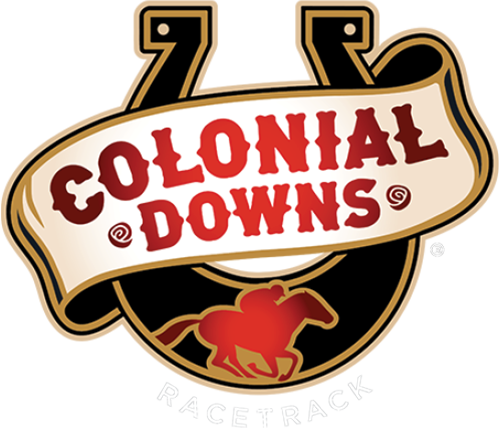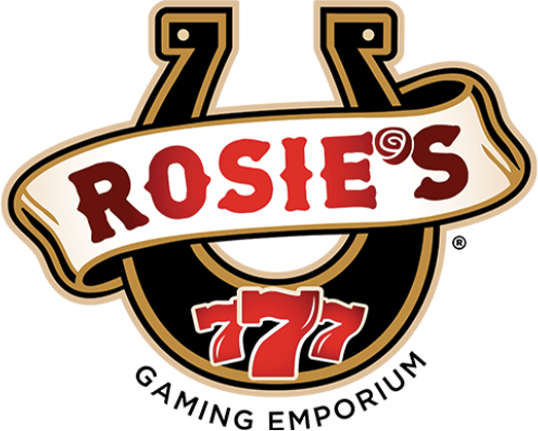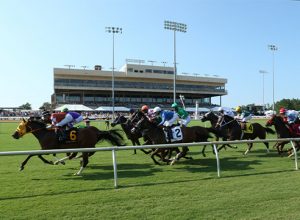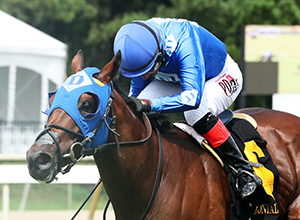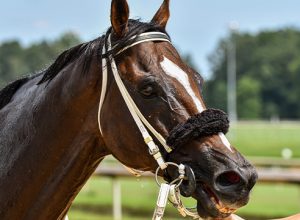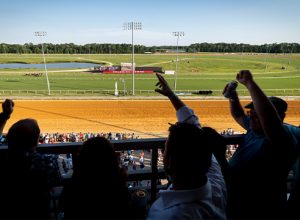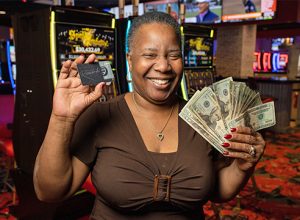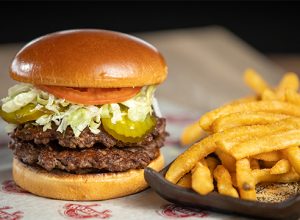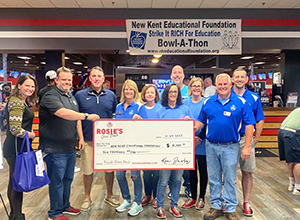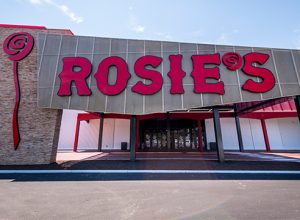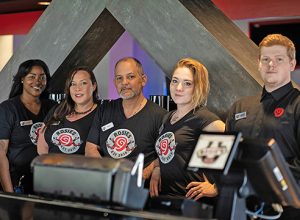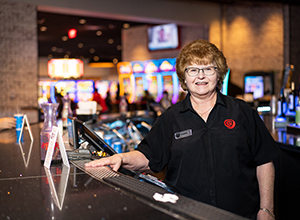Return of horse racing a financial boost for New Kent, state
Posted on July 8th, 2021
When thoroughbred racing returns to Colonial Downs on July 19, the people who place bets on the successful horses won’t be the only winners.
The prospect of a summer full of races and the return of the crowds post is a win-win for the economy of New Kent and Virginia as a whole.
New Kent County received $6.7 million in revenue as of June 6 in FY2021 from horse racing and off-track betting, according to figures from the county. Revenue was hit in 2020 when racing was canceled, and Rosie’s Gaming Emporiums closed due to COVID. The county received no revenue during the pandemic closure from March 22, 2020, until the end of the financial year. However, the county received $4.4 million in revenue in FY2020.
Rosie’s Gaming Emporium reopened its doors July 1, 2020. Since then, it’s been back offering up its historic horse racing gaming technology to hundreds in facilities across the state.
“We ended up not bad (in FY2020) and 2021 was even better,” said New Kent County Administrator Rodney Hathaway. He pointed out New Kent receives a percentage of revenues from Rosie’s in Richmond, Hampton, Vinton and Dumfries as well as the locations at the track.
“This is our biggest business and one of our larger employers,” Hathaway said of Colonial Downs. “Definitely as far as tax revenue.”
Hathaway said the prospect of Colonial Downs operating a full season with no capacity restrictions is likely to boost revenues further.
“We are excited that things are getting back to normal for Colonial Downs,” Hathaway said. He said the new owners of the racetrack, Peninsula Pacific Entertainment, are very dedicated to horse racing and community-oriented.
Hathaway said the reopening of Colonial Downs in 2019 after five years of closure has also helped other county businesses.
“One of the great things about Colonial Down is they have brought back the Virginia Derby. We are excited about the Virginia Derby event at the end of August,” Hathaway said. “It not only showcases New Kent, it showcases the whole commonwealth.”
Hathaway said the new owners of Colonial Downs want to grow the Virginia Derby to make it “one of the premier events in the country.”
The lucrative nature of Colonial Downs and Rosie’s Gaming Emporiums is apparent in the financials for just one month — May 2021.
Rosie’s and Colonial Downs representative Mark Hubbard said the enterprise paid $776,604 in taxes to New Kent County in May and just less than $2 million to the state of Virginia. Wagers made at all Rosie’s Gaming Emporiums in Virginia in May 2021 totaled more than $257 million. Almost $46 million was made in wagers in New Kent County alone. More than $237 million was paid out in prizes the same month.
“These numbers are relatively consistent month to month,” Hubbard said. “Our pledge to bring lots of entertainment and fun along with good jobs and significant tax revenues to Virginia and its localities where we operate is being met.”
Jill Byrne, vice president of racing at Colonial Downs, said race days attract about 3,000 people on an average day. The purse for the new season will be a minimum of $500,000 a day.
“It has a big effect, having racing back. If we have over 850 horses stabled back here and trainers coming from all over the country, it will benefit grocery stores and everyone in the local economy,” she said. The racecourse will employ about 200 seasonal workers this year.
The continued development of Colonial Downs could mean even greater future revenues for New Kent and Virginia.
A consultants’ report prepared in 2018 by Richmond-based Chmura Economics & Analytics predicted the venue could generate almost $350 million a year in economic impact.
“The successful revitalization of Colonial Downs could generate $349.1 million in economic impact in Virginia, and support over 1,407 state jobs in 2022 when the operation reaches its full capacity. Colonial Downs operations would also result in $26.4 million in annual tax revenue for the state government, and additional tax revenue for New Kent County and other Virginia localities. In addition, it would contribute $18.0 million per year to Virginia’s horse industry,” the report stated.
By David Macaulay, [email protected]

